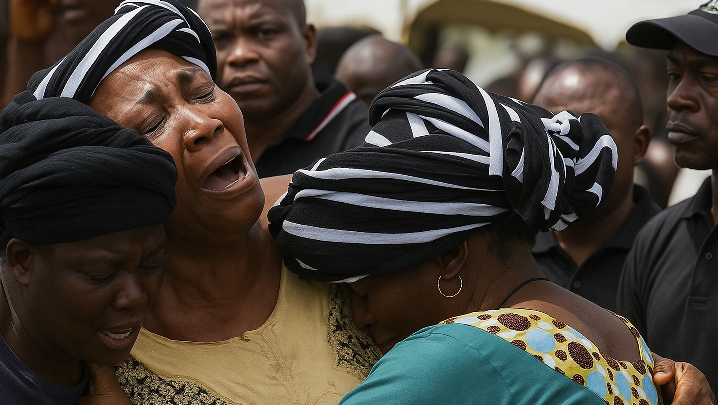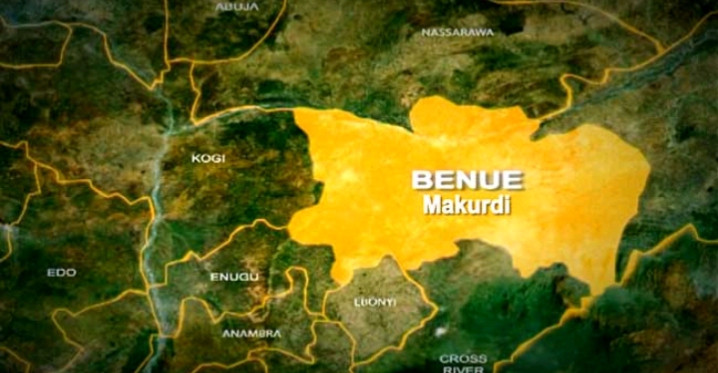Benue State, Nigeria – A renewed wave of violence has struck Benue State, North-Central Nigeria, claiming the lives of at least 100 people over the weekend, with multiple sources suggesting the actual death toll may be significantly higher. The attack, which occurred in the early hours of Saturday, June 14, 2025, targeted internally displaced persons (IDPs) in Yelwata, Guma Local Government Area.

According to Amnesty International, the victims—mostly women, children, and elderly—were burned alive after being locked inside makeshift shelters near a Catholic mission. Several eyewitnesses recount scenes of horror, describing charred bodies, razed huts, and widespread panic.
“We counted more than 100 bodies, but many are still missing,” said a local priest who helped with emergency evacuation.“They came at night and burned everything,” another survivor told local reporters.
Pattern of Bloodshed
This brutal attack is the latest in a long chain of violent episodes that have plagued Benue State for years. Less than a month ago, over 40 villagers were killed across four communities—Tyolaha, Tse‑Ubiam, Ahume, and Aondona—by gunmen suspected to be linked to herder militias. Earlier this month, coordinated attacks in Gwer West and Apa LGAs also left dozens dead.
Amnesty International has labeled the violence in Benue as “almost daily bloodshed” and condemned the Nigerian government for its inaction.
Pope, Activists, and Public Reactions
The attack has drawn international attention. Pope Leo offered prayers for the victims during Sunday’s Angelus in Rome, calling it a “terrible massacre that should never be forgotten.” He urged global leaders to support peace efforts in Nigeria’s troubled Middle Belt.
Civil society groups and security experts are now calling for a full-scale investigation, with some accusing powerful individuals of backing the assailants.
Root Causes: Land, Livelihood, and Lawlessness
Benue, often referred to as Nigeria’s “food basket,” has become a battleground in the escalating conflict between nomadic herders and farming communities. Driven by desertification, climate change, and population growth, Fulani herders in search of pasture have increasingly clashed with indigenous farmers defending their ancestral lands.
Governor Hyacinth Alia has described the recent killings as “acts of terrorism” and acknowledged a failure in intelligence and surveillance mechanisms. In his words, “These attackers use guerrilla tactics, moving in at night and leaving before help can come.”
Humanitarian Crisis and Agricultural Collapse
Aside from the rising death toll, the violence has severely disrupted farming activities. According to a recent agricultural impact report, for every 1% increase in insecurity, Benue records a 0.21% decline in crop output and a 0.31% drop in livestock production.
Thousands have fled their homes, crowding already overstretched IDP camps, where hunger, disease, and trauma remain rampant.
What Next?
The Nigerian Senate has called for a security overhaul in Benue and neighboring states, proposing the deployment of additional military forces and the creation of local security outfits.

The state government has also initiated livestock tracing policies and is considering launching a ranching system to reduce herder migration through conflict-prone areas.
Yet, for families in Guma and across the Benue Valley, justice remains elusive, and hope for peace continues to fade with each passing attack.


